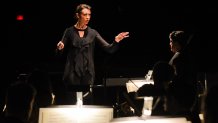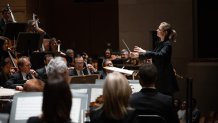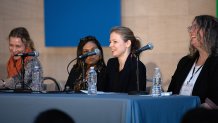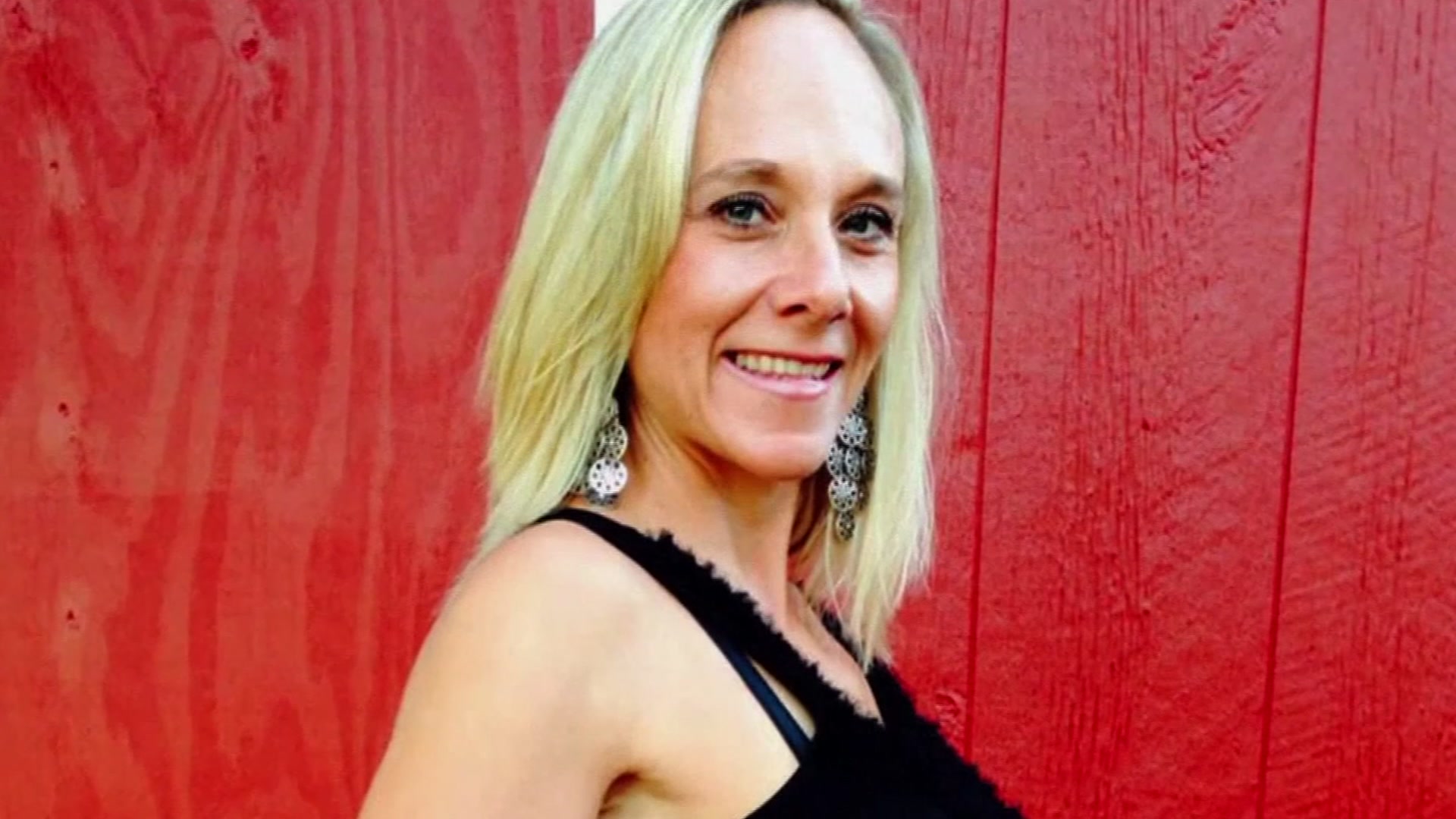At The Dallas Opera and Dallas Symphony Orchestra, breaking the glass ceiling has never sounded more beautiful. In early November, the opera company's Hart Institute for Women Conductors overlapped with the orchestra's Women in Classical Music Symposium, making Dallas the mecca for women looking for professional development in the traditionally male-dominated classical music industry.
The Dallas Opera celebrated The Hart Institute's fifth year by reflecting on progress made since the program's inception. In 2014, only 4% of the productions presented by Budget One opera companies in the U.S. (annual budget over $15 million) were conducted by women. By 2019, that figure had risen to 14% of the total productions. That is a 10% increase in engagements for women conductors at the nation's top opera companies, in just five years.
Stephanie Rhodes Russell, a participant in the Hart Institute's inaugural program, returned as a keynote speaker and reflected on the program's impact on her recent career development. Russell remembered her first time on the podium. When her orchestra teacher stepped out of rehearsal, she asked the young violinist to take over rehearsal.
"I remember thinking, ‘Finally, we can make music!' It's interesting I had such a strong conviction in my musical ideas at that time and yet it didn't dawn on me that conducting was a career path," Russell said. "I didn't think twice about it because you didn't see women conducting."
Russell started working in the opera world, developing deep knowledge of the literature, music and inner workings of the industry. "I had done everything from prompting to chorus mastering and everything in between. As I started gaining this experience, I really developed an interest in the conducting side of things," Russell said.

Russell learned about the Hart Institute as she tried to forge a new career path. With the program's intensive conducting coaching and business insight, it helped her see how to make the transition to conducting and set goals for herself.
"You can only rise to the level that you understand. To be shown this high level of execution and know that is where I want to go and I need X,Y and Z to get there is critical," Russell said. "If I wanted the career I said I did, I couldn't comfortably wait for it to come to me, that I need to act. I needed to be more proactive in making sure I took the steps to get the life and career I wanted."
Following the Hart Institute, she took two years off to go to school to become a better conductor. She is currently a Conducting Fellow with the Fort Worth Symphony and Associate Conductor for the Grand Teton Music Festival. She founded the Women's Artistic Leadership Initiative to help young women in school navigate classical musical career options and create sustainable change in the industry.
Russell counts The Dallas Opera and connections she made through the Hart Institute as her greatest resource for career advice, insight and confidence. "It gave me the perspective that I belonged, that I could work at that high level," Russell said. "I knew at that moment that I had what it took."

At the Meyerson Symphony Center, participants in the Dallas Symphony Orchestra's inaugural Women in Classical Music Symposium watch Gemma New, the orchestra's Principal Guest Conductor, conduct during an open rehearsal. The New Zealand native is currently Music Director of the Hamilton Philharmonic Orchestra, Resident Conductor of the St. Louis Symphony Orchestra and Music Director of the St. Louis Youth Orchestra.
Local
The latest news from around North Texas.
Like Russell, she was drawn to the classical music at a young age, playing violin at age five and performing with a school orchestra at age nine. "I fell in love with that orchestral sound and also just the phenomenon of the orchestra: the idea of players coming together," New said. "We create something beautiful and powerful that can only be done by people unifying."
New first conducted her school's orchestra at age 15 when the orchestra was planning a surprise performance for a departing teacher. "I just realized immediately that I loved looking at everyone's part and understanding how they came together. I loved communicating and connecting with all of the musicians and that conversation and that brainstorming about how we could play this better," New said.

Following the open rehearsal, New participated in one of the symposium's panels. The panelists discussed issues ranging from the traditions of the industry, the unrealistic concept of work/life balance, education options, networking opportunities and the importance of mentors. "It's relevant to have this discussion in the classical music field and I think when we come together to share ideas, we're going to come up with better ways to build our orchestras," New said.
One of the pieces on New's debut concert with the Dallas Symphony Orchestra is Salina Fisher's "Rainphase." The piece is inspired by New's hometown of Wellington, New Zealand, the windiest city in the world. "You can hear wind and all the different droplets and gusts and the flowing rivers down the streets. It's a beautiful work and the way she makes the orchestra sound is unique to her," New said.
Committed to new music, New suggests pieces by female composers for concerts she conducts. It is an example of women in leadership positions advocating for other women in the industry and helping orchestras nervous about taking a risk on a female composer.
"This is a business where it's who you know. And what is a risk? That's what I'd like to ask. Is it really a risk to program a work by a female composer? No, not at all. People are going to hear the music," New said. "What does equality mean? It means equality of opportunity and equality of consideration and I try to uphold that in my work."
MORE: The Dallas Opera's Hart Institute | Dallas Symphony Orchestra's Woman in Classical Music Symposium



